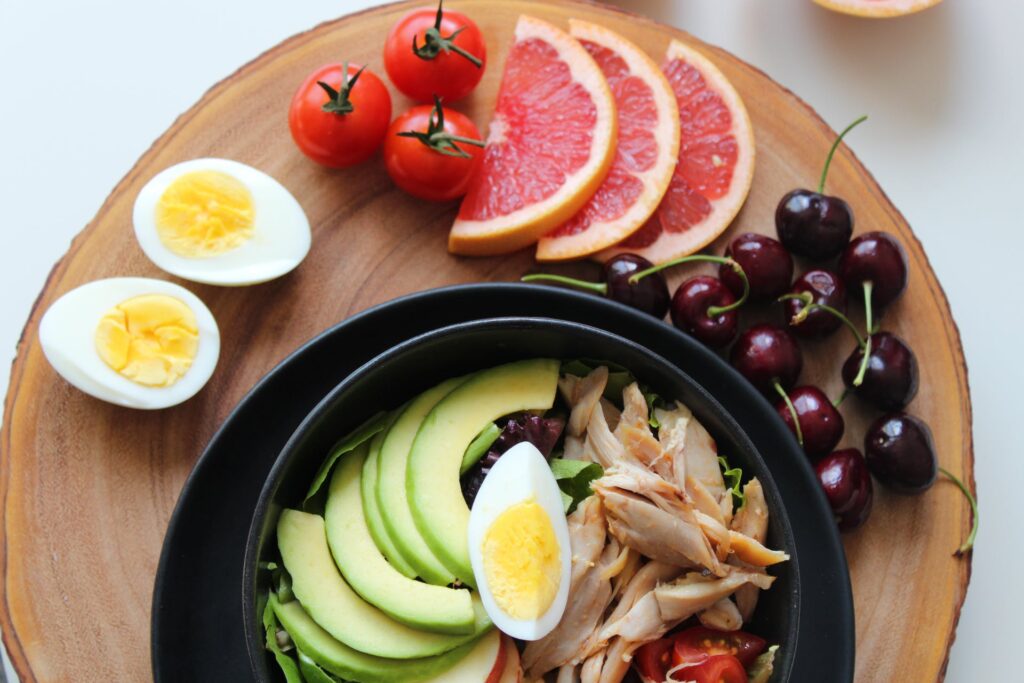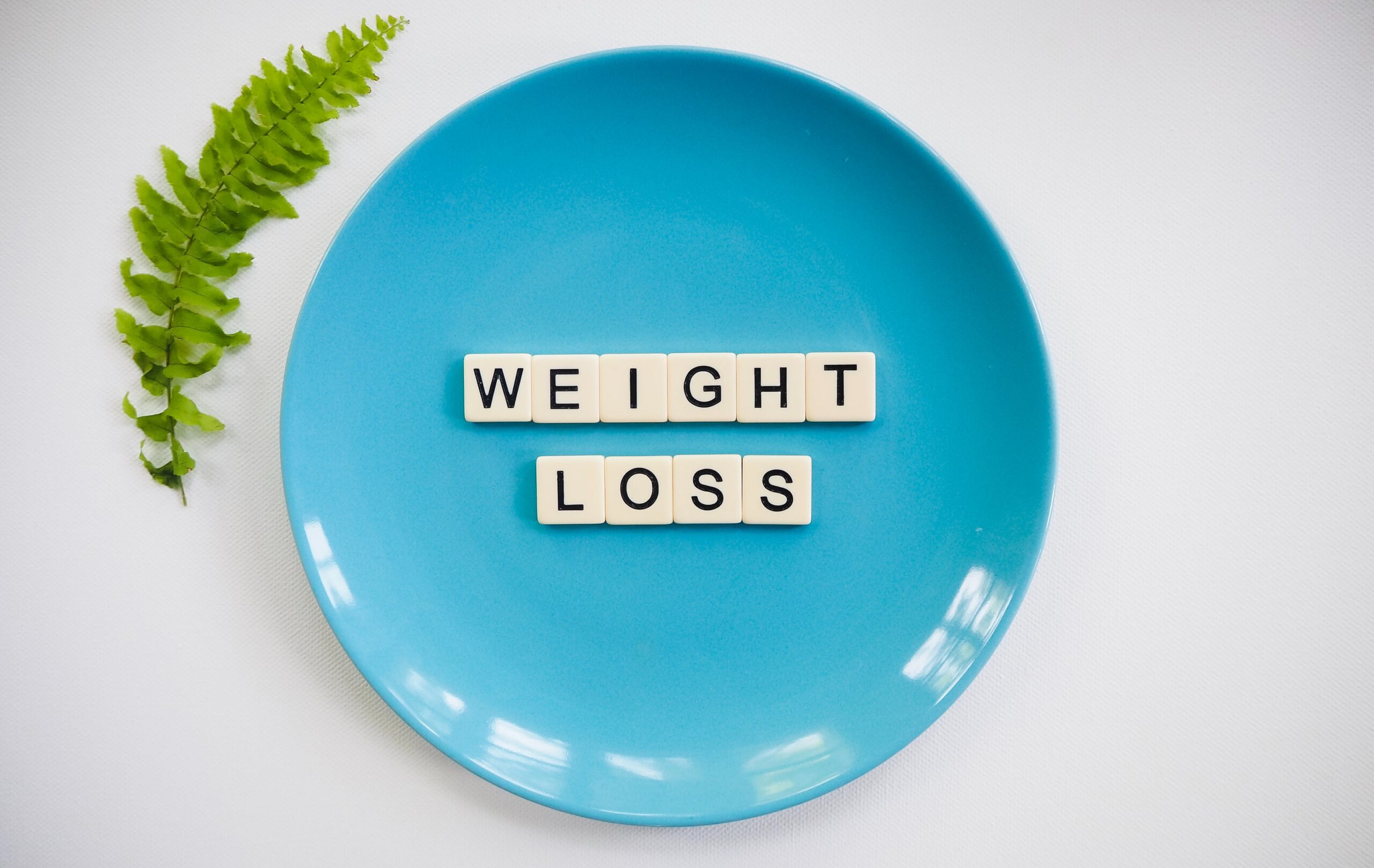Can you Lose Weight just by Exercising and not Dieting
Exercise and weight loss have an intriguing relationship, and it’s important to know how these two things work together. Now let’s explore it:
1.Caloric Balance: Although exercise is a great way to burn calories, it is not the main factor in weight loss.
You must establish a calorie deficit in order to lose the excess weight. To do this, you must either consume less calories per day or burn more calories through exercise.
Losing weight becomes difficult in the absence of a calorie deficit.
2.Exercise and Diet: While exercise is important, it is not a cure-all. In addition to cardiovascular exercises like biking, walking, and running, resistance training is necessary to support your weight loss efforts. Lean muscle mass is increased with resistance exercise, which aids in overall fat loss.
Therefore, the secret to effective weight management is a combination of activity and a nutritious diet.
3.Track your Calories: Keep a record of your caloric intake! This procedure is made easier by apps like FatSecret, Lose It!, and MyFitnessPal. These applications assist you in keeping a calorie deficit by tracking your exercise and calculating calories.
Recall that even tiny decisions matter: over time, that 20-ounce soda or alcoholic beverage adds up.
See a physician or dietician to create a customized plan for your weight loss endeavors.
Based on the outcomes, adjust your diet or exercise regimen as necessary.
In conclusion, while exercise on its own can aid in weight loss, the benefits of combined exercise and a healthy diet are greater. So put on your sneakers, monitor your caloric intake, and commit to a whole-person approach to becoming healthier!

What are the some healthy foods to eat?
The following list of some incredibly healthful foods can be included in your diet to promote general well-being:
Apples: Packed with fiber, antioxidants, and vitamin C, apples are a satisfying and wholesome snack.
Avocados: Delicious and versatile, avocados are high in fiber, potassium, vitamin C, and healthy fats.
Bananas: A handy way to get fiber, potassium, and vitamin B6.
Oranges: renowned for their high fiber content and vitamin C content.
Strawberries: Rich in vitamin C, fiber, and manganese, yet low in calories and carbohydrates.
Cherries, grapes, grapefruit, kiwi, lemons, mangoes, melons, olives, peaches, pears, pineapples, plums, and raspberries are some additional fruits that are considered nutritious.
Eggs: Eggs are a fantastic source of protein and are quite nutritious.
Beef: Protein and bioavailable iron are provided by lean beef.
Chicken Breasts: Chicken breasts are high in protein and low in calories and fat.
Chia seeds: Rich in omega-3 fatty acids and fiber.
Nuts: A good source of selenium is Brazil nuts.
Broccoli: Broccoli is a cruciferous vegetable that has several advantages for your health.

Keep in mind to prioritize nutrient-dense foods such as fruits, vegetables, nuts, seeds, legumes, fatty fish, and eggs. These meals give you the fiber, healthy fats, and vital nutrients you need to sustain your wellbeing.
How much exercise should I do per week?
Adults should strive for the following levels of physical activity each week, per the most recent Physical Activity Guidelines for Americans:
1. 150 minutes a week of moderate-intensity aerobic exercise, such as brisk walking. You can accomplish this by working out for 30 minutes five days a week.
2. Exercises that target all of the major muscle groups in the body—the legs, hips, back, belly, chest, shoulders, and arms—for at least two days a week.
Read more Article like
What are the best types of exercise?
